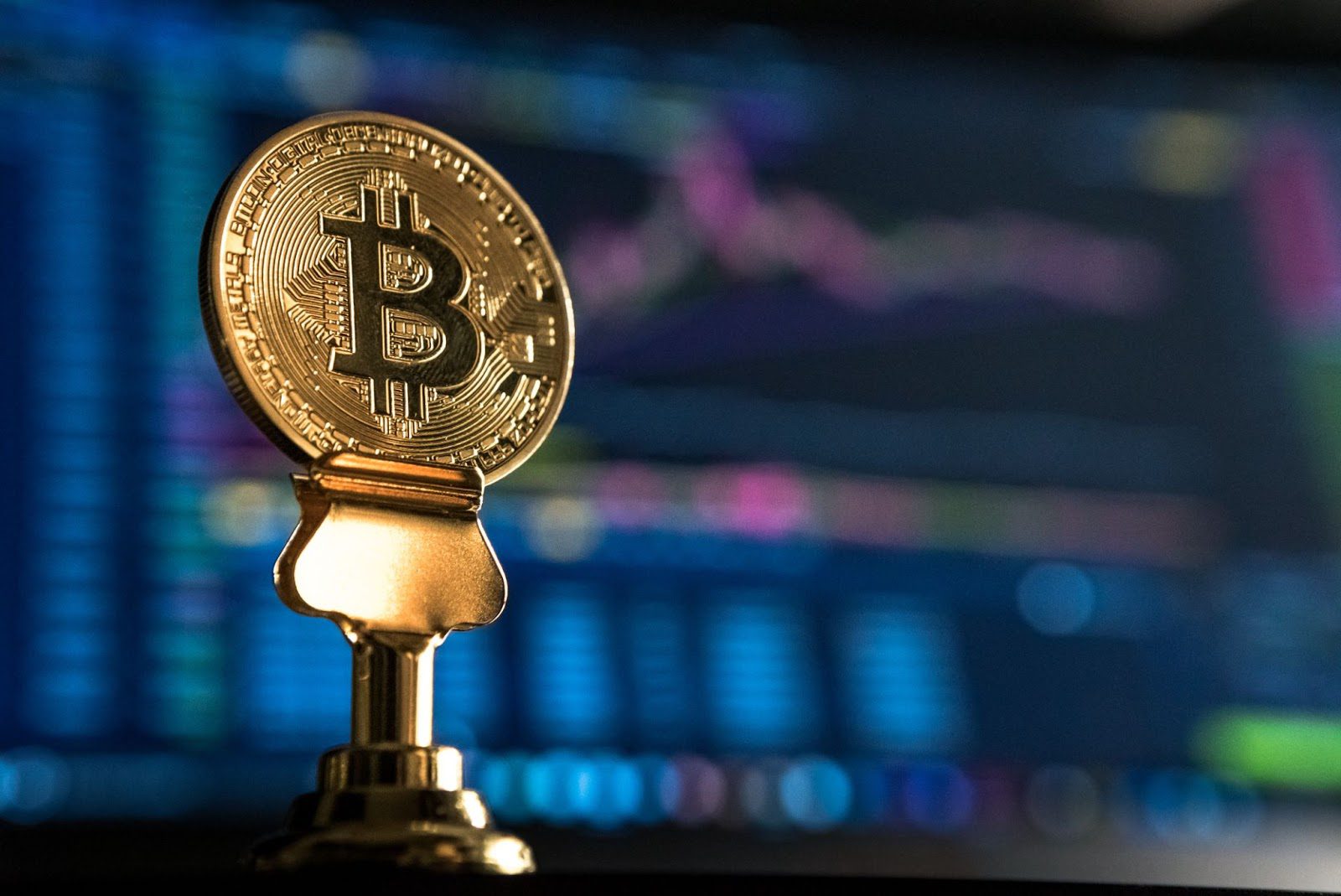Plutos Network is a synthetic issuance and derivative trading platform operating across multiple blockchains including Polkadot, Binance Smart Chain (BSC), and Solana. As a whole, the DeFi market is approaching $70 billion in total value locked (TVL), while the TVL for derivatives stands at only $3 billion, and this points towards a massive growth potential within DeFi. Recognizing an underserved market for crypto derivatives within decentralized finance, Plutos Network seeks to aid in what will be exponential growth for tokenized and crypto synthetics within this booming financial sector.
Currently, synthetics platforms such as Auctus and Synthetix are limited to Ethereum’s blockchain. As DeFi grows and congestion burdens Ethereum’s network, this translates into slower transactions and higher fees that are passed onto users. Combining the power of multiple blockchains with the knowhow transferred over from years of experience in traditional finance, Plutos Network enables its clients to participate in the growth of derivatives in DeFi without being hampered by the limitations presented by single chain platforms. Working on multiple chains also guarantees greater success in DeFi’s future as the landscape continues to change, and no one can guarantee Ethereum will forever reign supreme.
Traditional Finance Meets the Future of Finance
Launched by a team with a history of working in traditional centralized finance (tradfi), Plutos combines the knowledge and knowhow gained in that space with the unlimited potential decentralized finance offers investors today. Through this marriage of tradfi and DeFi, Plutos can tokenize financial instruments such as commodities, stocks, and CDs as well as issue and trade crypto contracts, swaps, and options.
This means that users have access to the best of both worlds. Additionally, through the use of on-chain and off-chain pricing technologies, including oracles such as Umbrella and Chainlink, Plutos can offer the most profitable and advantageous prices to users in a market where fractions of a percent can mean the difference between capturing huge profits or making a loss.
Reducing Friction and Unleashing Liquidity
Some of the frictions DeFi users face include high gas fees, slow transaction speeds, and the inability for liquidity to meet demand. Combining the power of three blockchains into one platform, Plutos Network will supply powerful tools for derivatives traders to thrive:
Native Market
Plutos Network’s market is based on the AMM (Automated Market Maker) model. AMMs are markets where prices and supply are delegated by code instead of human managers, who can be prone to making sub-optimal decisions and are susceptible to human error. AMMs have become one of the most innovative tools developed by the financial world since the advent of DeFi, and Plutos Network puts this smart technology to work to optimize trading.
Liquidity and Staking
By pooling the resources of multiple chains and integrating the liquidity pools provided by each of these chains, Plutos Network offers traders an infinite source of liquidity from which they can execute trades. The Plutos Pool runs without the need for liquidity providers to take part in aiding the platform. Plutos Network users will be able to swap one asset for another as long as they stake PLUT and mint assets like pUSD. Doing this also allows users the unrestricted ability to open long or short positions on leveraged contracts for varied assets. As users stake derivatives assets on Plutos Network, they not only gain access to unlimited liquidity, but they receive rewards for staking as well.
Designed for DeFi’s Derivatives Future
Plutos Network’s roadmap indicates a mainnet launch set for Q3 of 2021. Users who want to support the project as it approached this launch can participate in a TGE (Token Generation Event) in Q2 of this year. Q2 will also see Plutos Network’s migration to Polkadot and integration with BSC and Solana, cementing the platform’s capability to boost derivatives trading for DeFi users.



































